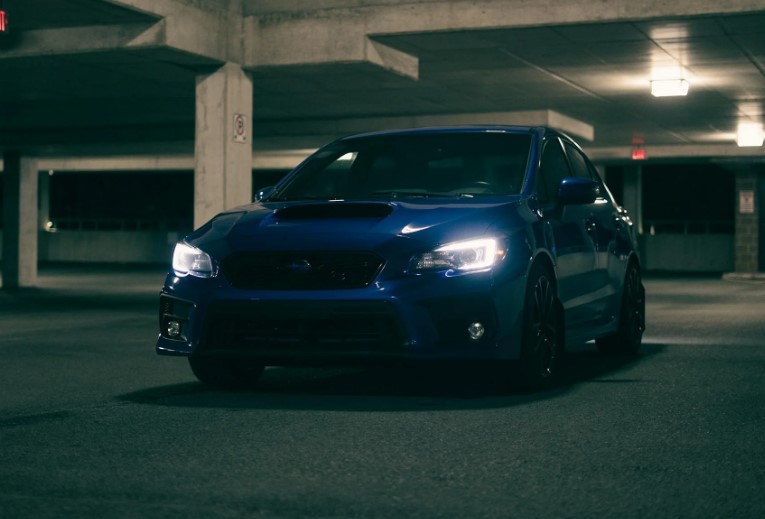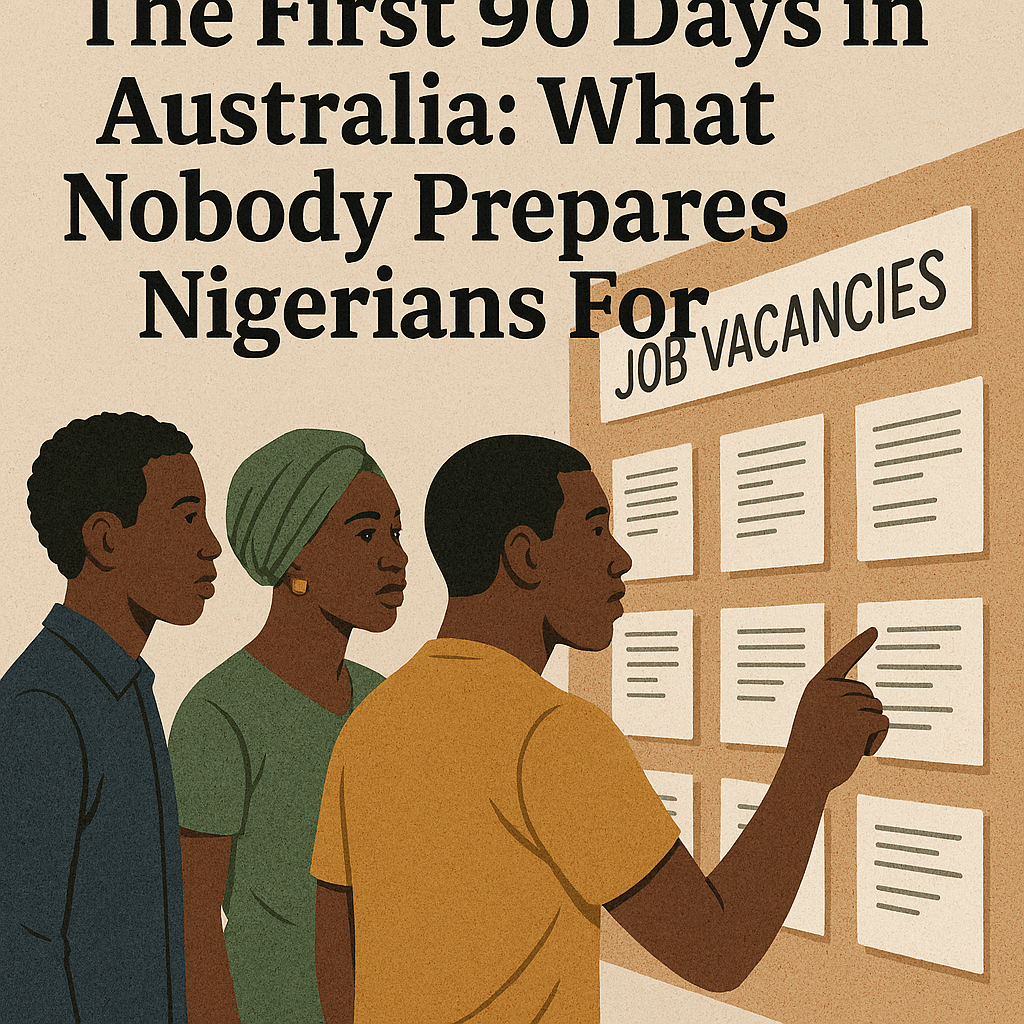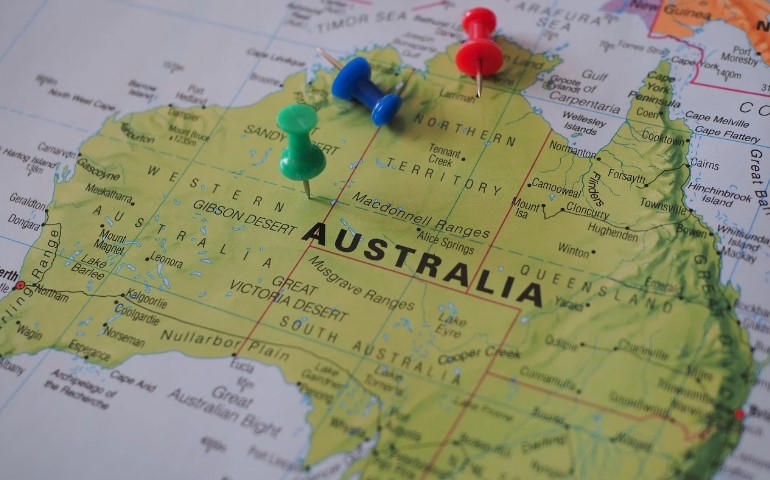
Buying a used car can save you serious money, but it can also be a trap if you’re not careful. Whether you’re in Lagos traffic, Melbourne suburbs, or downtown Atlanta, these 10 steps can save your wallet — and your sanity. Let’s break it down like a trusted mechanic would.
-
Know Your Budget (And Stick To It)
-
Include extra costs like registration, insurance, and repairs.
-
Nigerian Tip: Consider customs-cleared options if buying a Tokunbo.
-
-
Research the Car Model
-
Look up reviews, fuel consumption, common faults.
-
Find out which brands/models have cheap and available spare parts.
-
-
Check the Market Value
-
Use sites like Jiji.ng, Cheki.ng, Cars45 (Nigeria), Gumtree or CarsGuide (Australia), or Kelley Blue Book (US).
-
-
Inspect the Car in Daylight
-
Never inspect at night. You could miss dents, rust, or signs of damage.
-
-
Ask for the Vehicle History
-
Nigeria: Request import documents, customs papers, VIN verification.
-
US/Australia: Use services like CARFAX or PPSR.
-
-
Take a Test Drive
-
Drive on both smooth and rough roads.
-
Listen for weird sounds, brake response, gear shifting, etc.
-
-
Inspect Under the Hood
-
Look for oil leaks, fluid levels, engine wear.
-
Bring a trusted mechanic along if you’re not confident.
-
-
Verify the Chassis Number / VIN
-
Ensure it matches registration and import documents.
-
In Nigeria, use agencies like Police CID or FRSC for verification.
-
-
Check Ownership Papers and Outstanding Debts
-
In Australia, use the Personal Property Securities Register (PPSR).
-
In Nigeria, confirm there’s no pending police case or loan.
-
-
Negotiate with Confidence
-
Don’t be shy to walk away.
-
Compare deals, and never pay full price without thorough checks.
Your car is more than just metal on wheels — it’s an investment, your daily ride, and possibly your escape from endless bus wahala. Do your homework, follow these steps, and drive with peace of mind.





